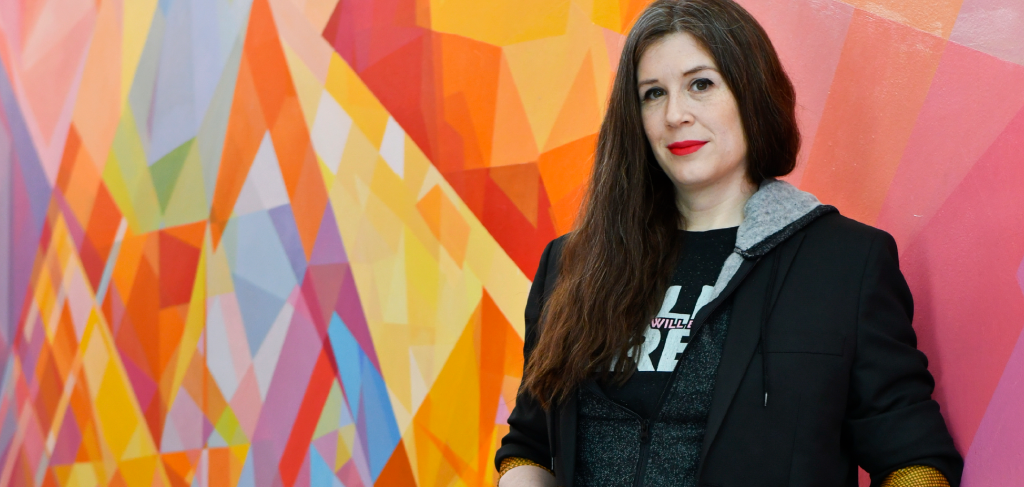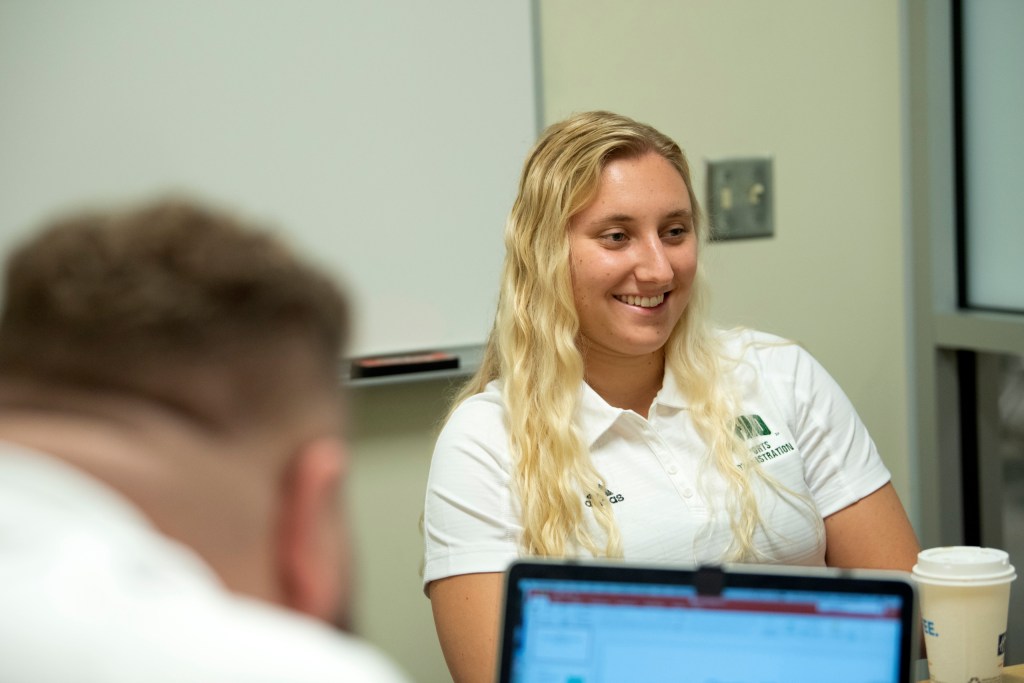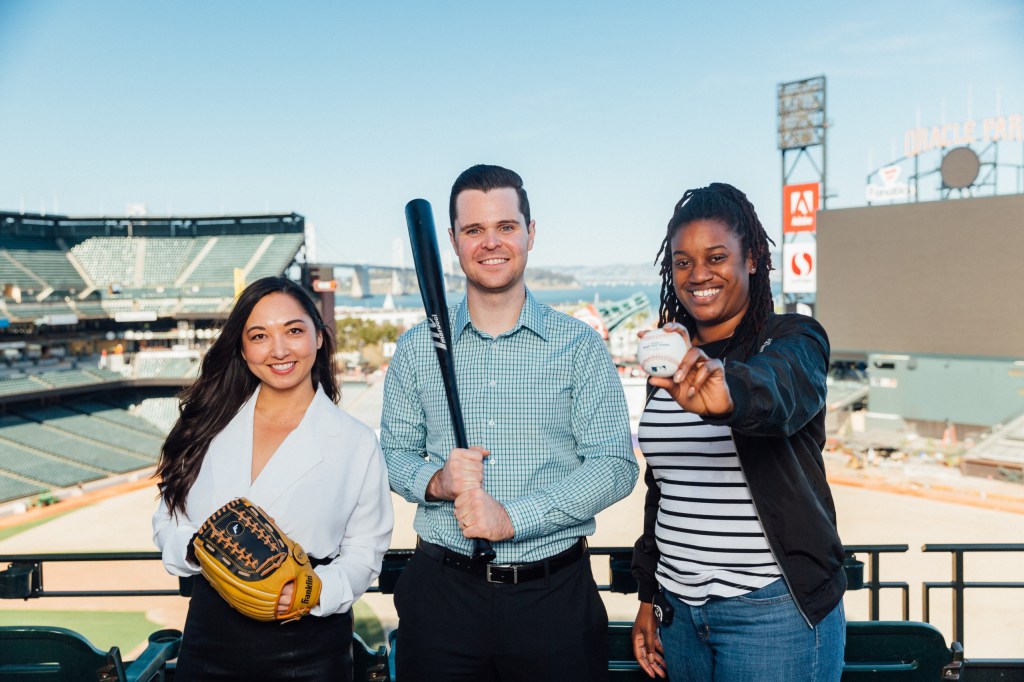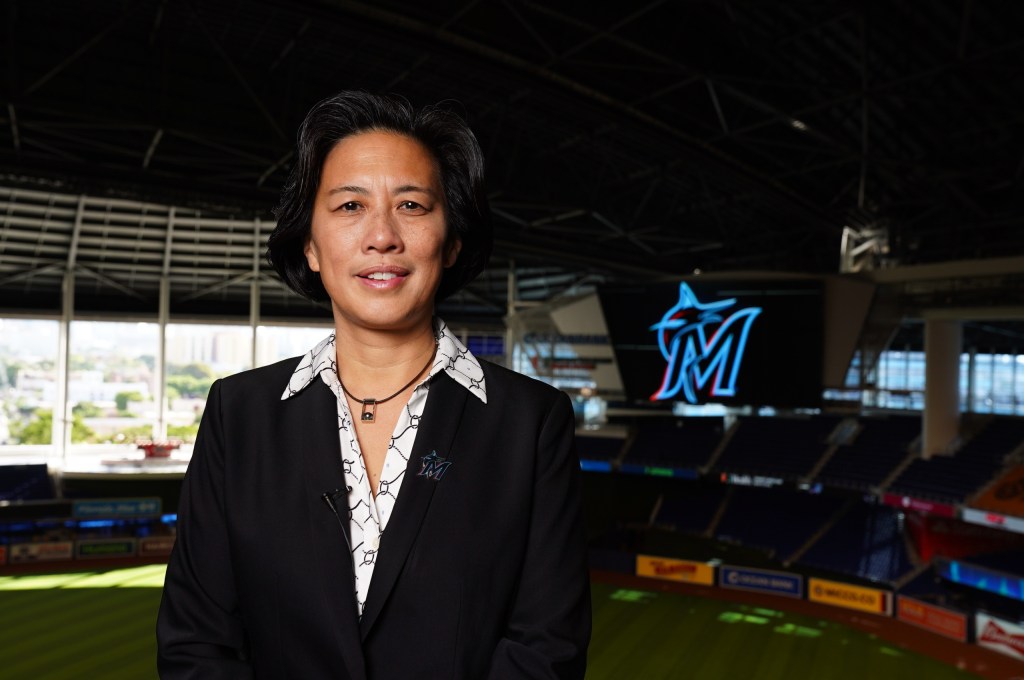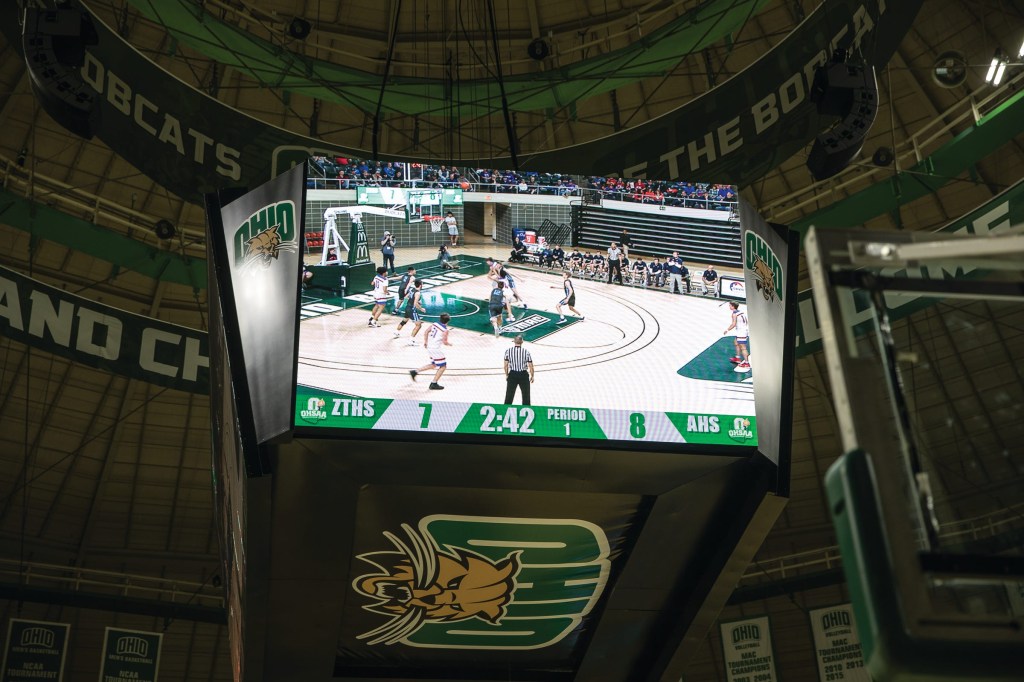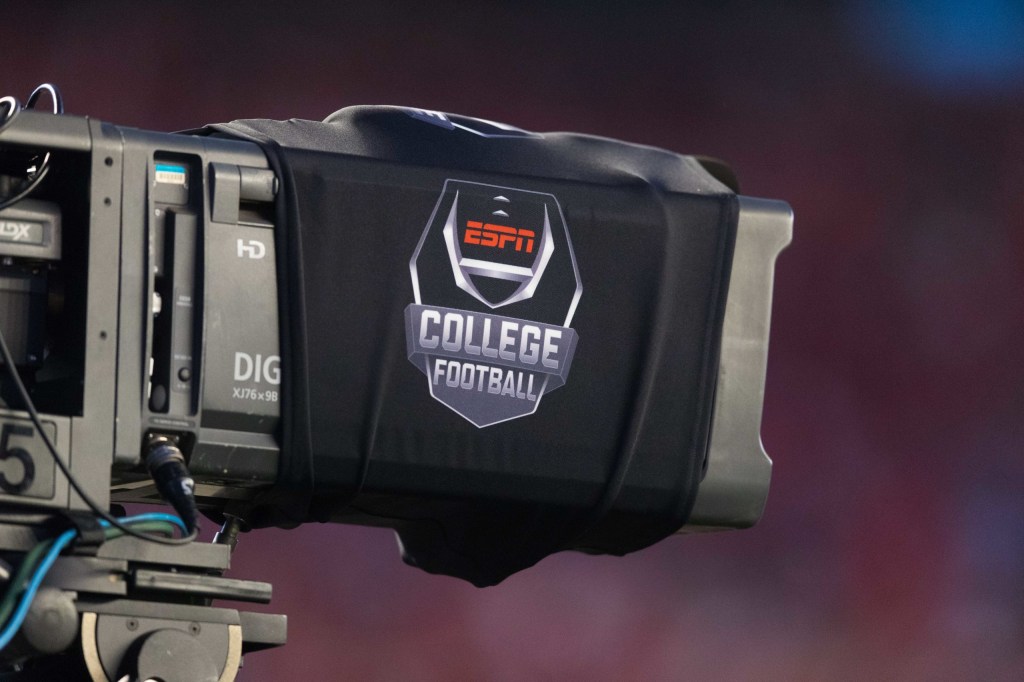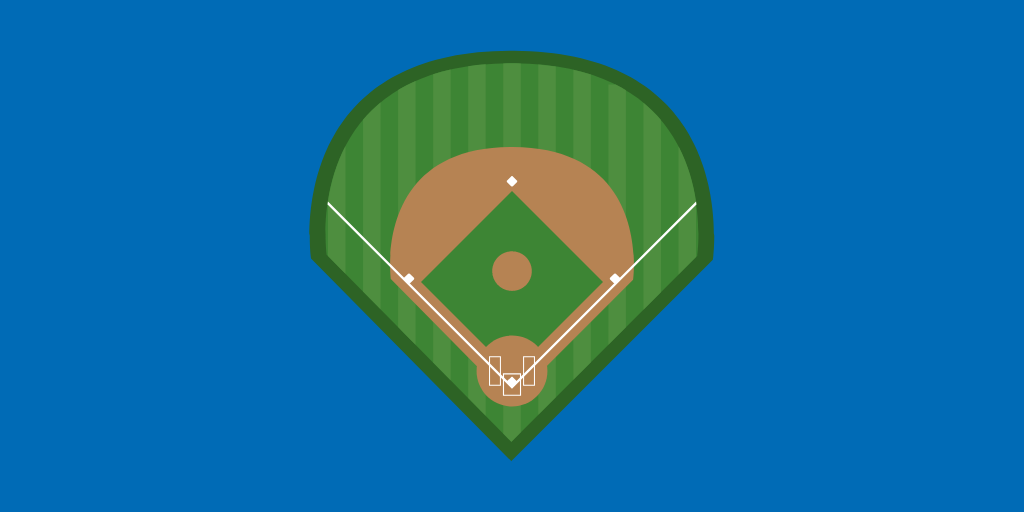
Attracting over 41,832,364 fans in 2017, Minor League Baseball continues to be a staple of professional sports in America.
According to Forbes, Minor League Baseball’s 20 most valuable teams are worth an average of $37.5 million, putting it right on par with a mid-major Division I athletic program. MiLB boasts a total of 18 different leagues with 160 teams, in 43 states, and likely has the highest volume of unique team names of any sport. Just ask the New Orleans Baby Cakes.
For nearly half the year — over a 140-game season from April to September — staff members and front office employees are all working hard, often wearing multiple hats.
SEE MORE: 4 Tips to Begin Your Broadcasting Career
Have you been wondering what it may be like to work for this rapidly growing organization? Here are some interesting insights you won’t be able to find on Glassdoor or anywhere else.
Getting Started
Due to the nature and pace of sports business, entry-level employees are oftentimes expected to hit the ground sprinting. MiLB, while still expecting professionals to work at a fast pace, has taken a different approach to development.
“At the MiLB office, we are committed to providing opportunities for young professionals to learn as much as possible about all aspects of the business of baseball and preparing them for successful careers in professional sports,” said Tara Thornton, a human resources manager for the MiLB office.
SEE MORE: Mastering LinkedIn: Personal Branding Tips for Sports Business Professionals
Thornton discovered her opportunity in baseball through a friend and would describe her role in HR as a “partner” to others in the office.
“I am often a sounding board for others, in any department, and at any level within the company, to bounce ideas around and discuss concerns or implications of certain initiatives as they relate to MiLB employees’ well-being and the company’s long-term growth and success.”
Rich in Opportunity
In addition to development, MiLB is unique in that no two roles are the same, offering the opportunity to work with teams organization-wide.
While baseball has been dubbed America’s Pastime, Minor League Baseball is in a state of progression. “While we stay true to who we are as a professional baseball organization, we are also in a state of evolution. When I first started working at MiLB, another employee described the company to me as a 116-year-old startup,” stated Thornton.
SEE MORE: How Social Media is the Key to Your Next Opportunity
Creativity and innovation are celebrated and can have a real impact on the communities of minor league teams, who oftentimes would not have a professional sports team otherwise. Thornton said: “Some of the biggest ideas in sports, entertainment, and business have come from MiLB and those of us who work here feel a real sense of ownership and passion for what we do.”
In fact, the Dayton Dragons own the longest sell-out streak in all U.S. professional sports — 18 consecutive years (not games) through 2017.
Diversity and Inclusion
Not only is MiLB is evolving in fan engagement, strategic partnership, and technology, but also in how it is reaching fans and employees from a diversity and inclusion standpoint. Vince Pierson, the director of diversity and inclusion for MiLB, is on the front lines, stating that his role is “a hybrid of multicultural marketing and organizational culture.”
In 2017, MiLB launched the “Es Divertido Ser Un Fan” (It’s Fun to be a Fan) campaign via a four-team trial and is looking to expand to 33 teams in the future.
A role in D&I is anything but minor; Pierson focuses on “internal education to develop cultural competency, external engagement to increase awareness of job and business opportunities and authentic fan development strategies to penetrate previously untapped markets.”
The responsibility is high, but so is the impact. Pierson stated, “it’s important to be in tune with the needs of your people.”
Get Your Foot In the Door
As MiLB continues to grow, so do opportunities to join the organization. While you may not find the perfect role initially, Thornton encourages professionals to find a way to get in the door because “once they are in, the possibilities are really endless, and it will be worth it in the long run. We have several examples of this in our office.”
Thornton also alluded to new opportunities for recent grads in 2019, “specifically a post-graduate program designed for individuals looking to enter the professional baseball industry.”
[mc4wp_form id=”8260″]
Don’t feel pressured to limit yourself to a singular role. “Marketing, community relations, communications — all departments need people who are in tune with the needs of diverse communities,” said Pierson, who also hinted about an entry-level position in D&I opening in January.
Still unsure of a specific position you may be interested in with MiLB? Take a look at its careers page or try conducting an informational interview.
Your next role in professional baseball could be one meeting, phone call or email away.
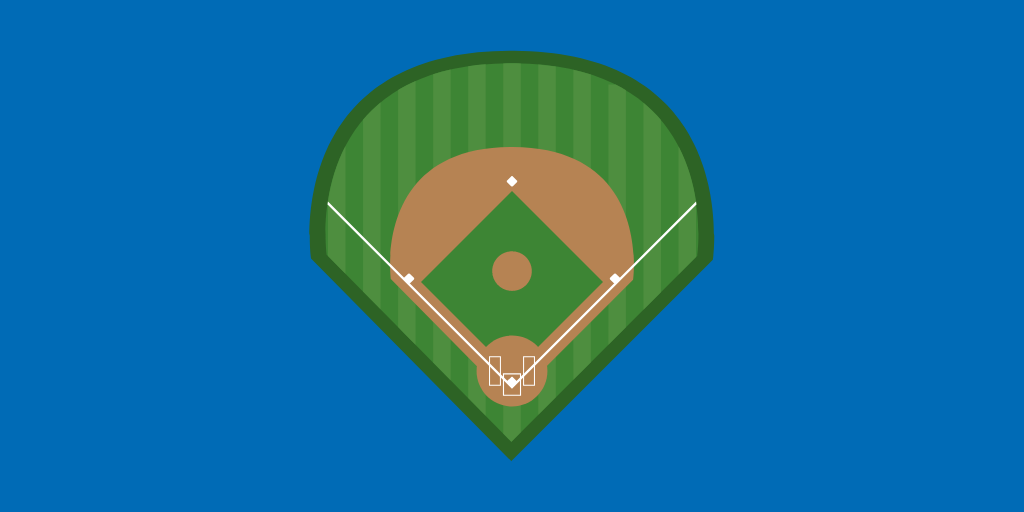


![[Subscription Customers Only] Jun 15, 2025; Seattle, Washington, USA; Botafogo owner John Textor inside the stadium before the match during a group stage match of the 2025 FIFA Club World Cup at Lumen Field.](https://frontofficesports.com/wp-content/uploads/2026/02/USATSI_26465842_168416386_lowres-scaled.jpg?quality=100&w=1024)
![[Subscription Customers Only] Jul 13, 2025; East Rutherford, New Jersey, USA; Chelsea FC midfielder Cole Palmer (10) celebrates winning the final of the 2025 FIFA Club World Cup at MetLife Stadium](https://frontofficesports.com/wp-content/uploads/2026/02/USATSI_26636703-scaled-e1770932227605.jpg?quality=100&w=1024)




